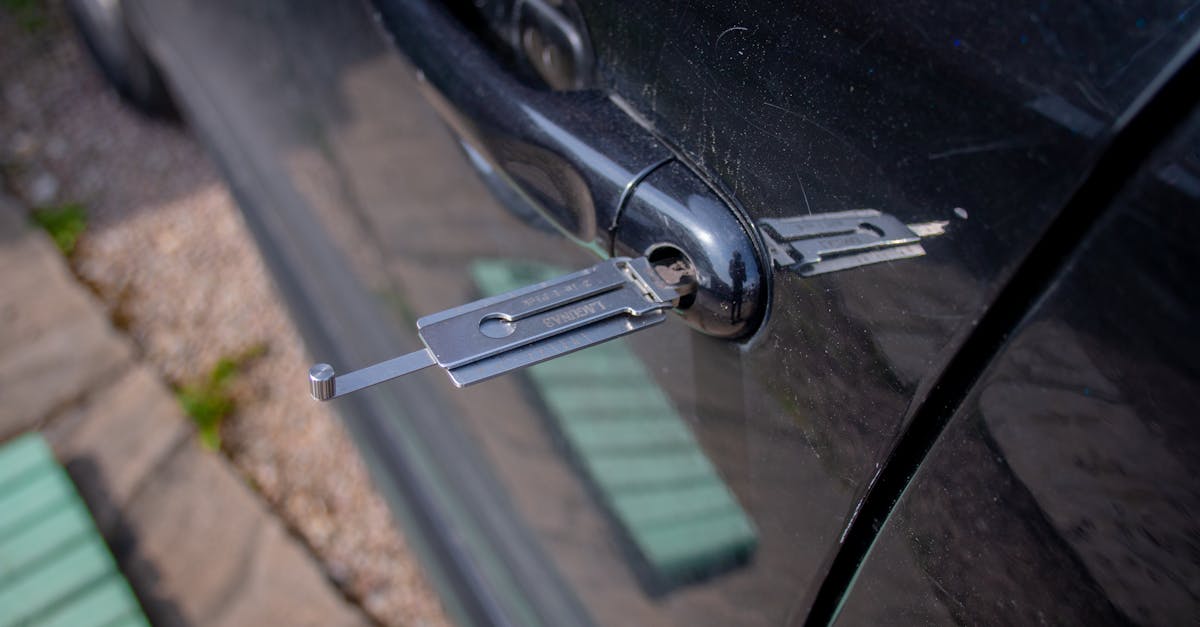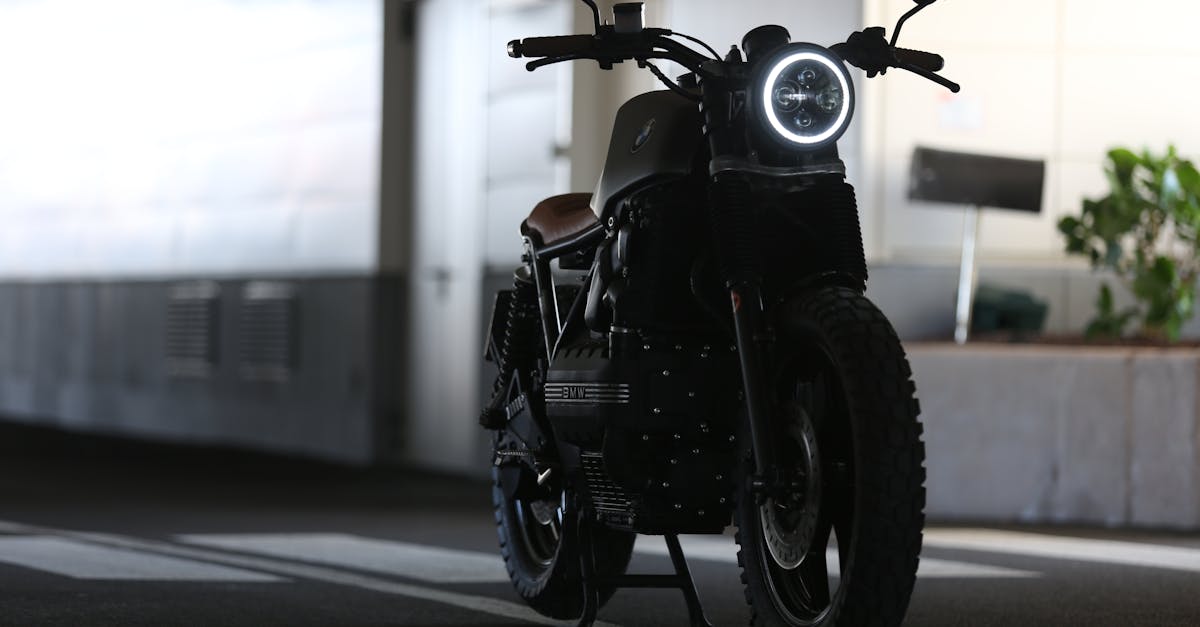
Preventative Measures to Avoid Lock Issues
To effectively prevent lock issues, regular maintenance is essential. Dirt and debris can accumulate in the keyhole or around the latch, leading to jamming and other malfunctions. Cleaning these areas with compressed air or a soft brush can help. Additionally, lubricating the lock with graphite powder or silicone spray can ensure smooth operation and longevity. This simple routine can minimise the likelihood of needing costly lock repair in the future.
Another important measure involves checking the alignment of the door and frame. Misalignment can put undue pressure on the lock, causing it to wear out more quickly. Adjusting the hinges or using shims may solve this problem. Keeping your locks well-protected from external elements is also crucial. Installing weatherstripping can prevent moisture and dirt ingress, which frequently contribute to lock dysfunctions. Doing so can significantly reduce the chances of facing a lock repair situation.
Routine Maintenance Tips for Door Locks
Regular maintenance plays a crucial role in ensuring the longevity and functionality of door locks. It is essential to lubricate locks periodically to prevent rust and internal wear. Applying a graphite-based lubricant is advisable, as it offers better protection for the mechanism compared to oil-based products. Inspecting the bolts and other moving parts for debris or damage can help identify potential issues before they escalate. Keeping the door frame aligned and ensuring hinges operate smoothly also contributes to the overall health of the lock.
In addition to lubrication, routine checks can help catch signs of wear early on. Tightening loose screws on the lock or handle can prevent misalignment that may lead to lock failure. If any issues arise, although some minor fixes can be performed at home, it’s wise to consult a professional for lock repair if complications persist. Being proactive with maintenance not only enhances security but may also minimise costly repair bills in the future.
Upgrading vs. Repairing Your Door Lock
When deciding between upgrading or repairing a door lock, it’s essential to assess the specific issues at hand. Lock repair can often be a cost-effective solution, especially if the lock exhibits minor faults such as alignment issues or lubrication problems. In many cases, a skilled locksmith can restore functionality without the need for an entirely new lock, preserving the original hardware and saving you money.
On the other hand, in situations where a lock is significantly damaged or outdated, upgrading may provide better long-term value. Modern locks not only offer improved security features but also often come with enhanced technology, such as keyless entry systems. Evaluating the condition of your current lock against the benefits of a new model will help determine whether lock repair or an upgrade is the most sensible choice for your needs.
Evaluating the Pros and Cons of Each Option
When considering lock repair versus replacement, it's essential to weigh the advantages and disadvantages of each option. Repairing a lock can often be a cost-effective solution, especially when a minor issue is at play. Many locks can be restored to working order with minimal investment in time and materials. This approach helps retain the original hardware, which can be significant if the lock has personal or historical value.
On the other hand, opting for a replacement might be necessary in cases where the lock is significantly damaged or outdated. Newer models often come with enhanced security features and improved durability, making them a worthwhile investment. While lock repair might prolong the life of existing hardware, it may not always guarantee the same level of security as a brand new lock, necessitating careful consideration of individual circumstances.
Types of Locks That Are Easier to Repair
Certain types of door locks are designed with simpler mechanisms, making them more amenable to repair. Deadbolt locks often fall into this category. Their straightforward construction allows for easier identification of issues, whether it's a misaligned bolt or worn-out internal components. Lock repair for these models usually requires minimal tools and skills, making it a viable option for many DIY enthusiasts.
Knob locks are another type that can be repaired with relative ease. The accessible design of knob locks means that many common faults, such as sticky switches or loose hardware, can often be remedied without the need for extensive mechanical knowledge. However, it's crucial to assess the condition of the lock thoroughly, as certain brands and models might have parts that are difficult to replace or may not perform well even after repair.
Overview of RepairFriendly Lock Models
Certain door locks are designed with repairability in mind. Cylinder locks, such as pin tumbler models, are among the most straightforward to service. Their simple construction allows for individual components to be replaced easily if they become damaged or worn. Another common option, lever locks, often feature user-replaceable parts that can help keep repair costs down. These types of locks can usually be fixed without needing expert intervention, a benefit for homeowners keen on DIY solutions.
Mortise locks are also known for their repair-friendly design. Their robust mechanism is not only durable but also accessible for maintenance and repairs. Many of these locks can have their internal parts swapped out, which can prolong the overall lifespan of the lock. When considering lock repair, opting for these types of locks can offer a practical approach to maintaining security without the need for complete replacements.
FAQS
Can all types of door locks be repaired?
While many door locks can be repaired, some types, especially those that are heavily damaged or outdated, may need to be replaced instead.
What are the common signs that a door lock might need repairs?
Common signs include difficulty turning the key, a loose or wobbly lock, a key that gets stuck, or unusual noises when locking or unlocking.
How can I perform routine maintenance on my door locks?
Routine maintenance can include lubricating the lock with graphite powder, cleaning the keyhole, and checking for any loose screws or parts that may need tightening.
Is it more cost-effective to repair a door lock than to upgrade it?
It depends on the condition of the lock and the cost of repair versus replacement. In some cases, a simple repair can save money, while in others, investing in a new lock with better security features may be wiser.
What types of locks are generally easier to repair?
Cylinder locks and some deadbolts are often easier to repair due to their simpler mechanisms, while more complex electronic locks may require professional assistance.
